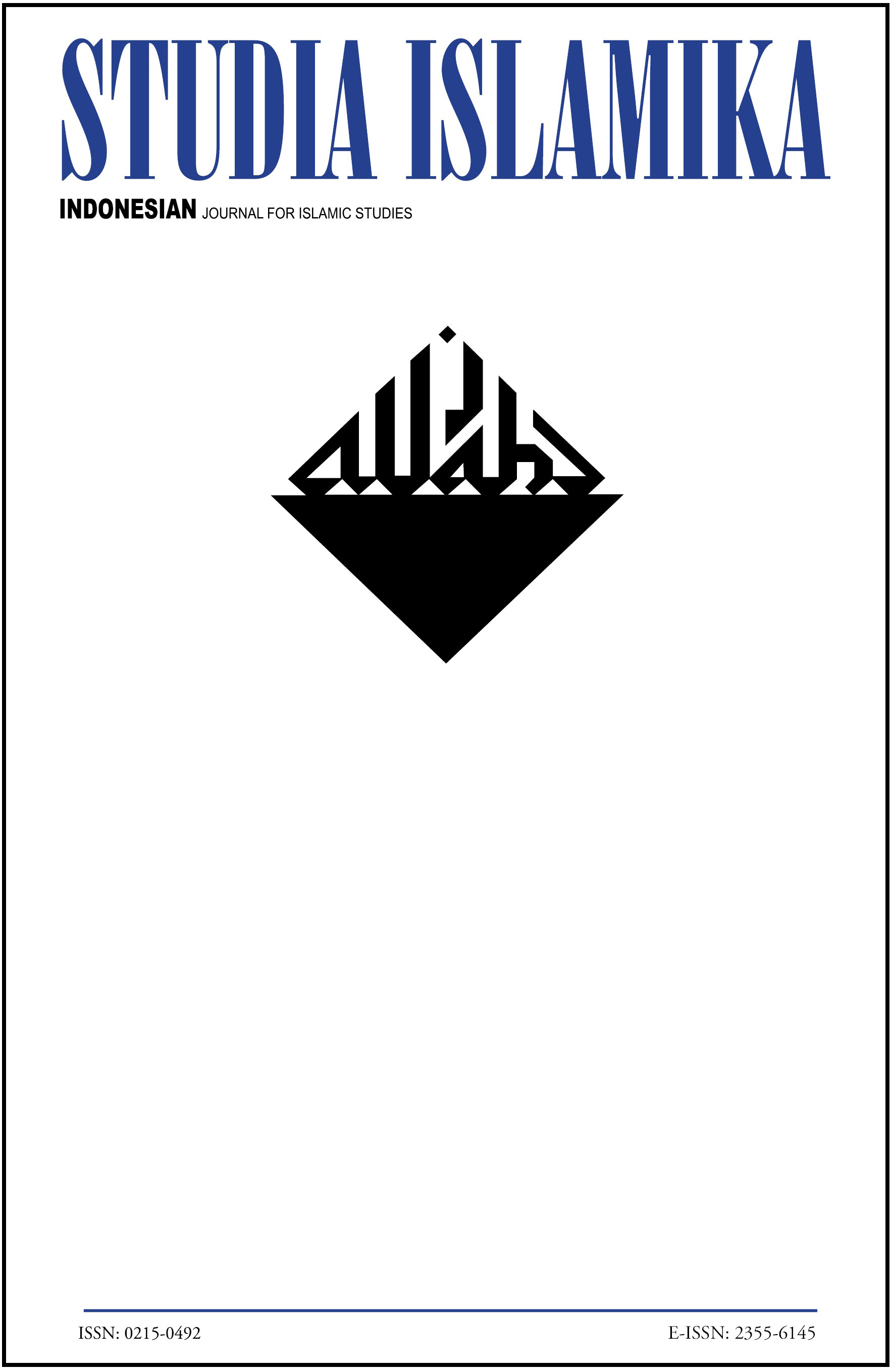Abstract
This paper will investigate the essence of Imam Zarkasyi’s educational reform and its contribution to the development of globally orientated Indonesian madrasah. Based on a descriptive analytical approach, this investigation concludes that Zarkasyi’s educational reform refers to a radical and holistic change that combines modernity and tradition to emphasize not only methodological and institutional aspects but also the importance of the reformulation of the substantial and philosophical bases on which Islamic education should operate. His selective adoption of modern teaching and learning principles, resting firmly on the legacies of the indigenous and classical ‘ulamā’ in a boarding madrasah system, constitutes a cultural achievement that makes an important contribution to the development of modern Islamic science education and theory. Also, it makes a contribution in developing qualified madrasah suitable for providing education with an ‘Islamic character’ without ignoring the students’ academic needs in facing global challenges.DOI: 10.15408/sdi.v22i2.1922Authors who publish with this journal agree to the following terms:
- Authors retain copyright and grant the journal right of first publication with the work simultaneously licensed under a Creative Commons Attribution License that allows others to share the work with an acknowledgement of the work's authorship and initial publication in this journal.
- Authors are able to enter into separate, additional contractual arrangements for the non-exclusive distribution of the journal's published version of the work (e.g., post it to an institutional repository or publish it in a book), with an acknowledgement of its initial publication in this journal.
- Authors are permitted and encouraged to post their work online (e.g., in institutional repositories or on their website) prior to and during the submission process, as it can lead to productive exchanges, as well as earlier and greater citation of published work.
Downloads
Download data is not yet available.

